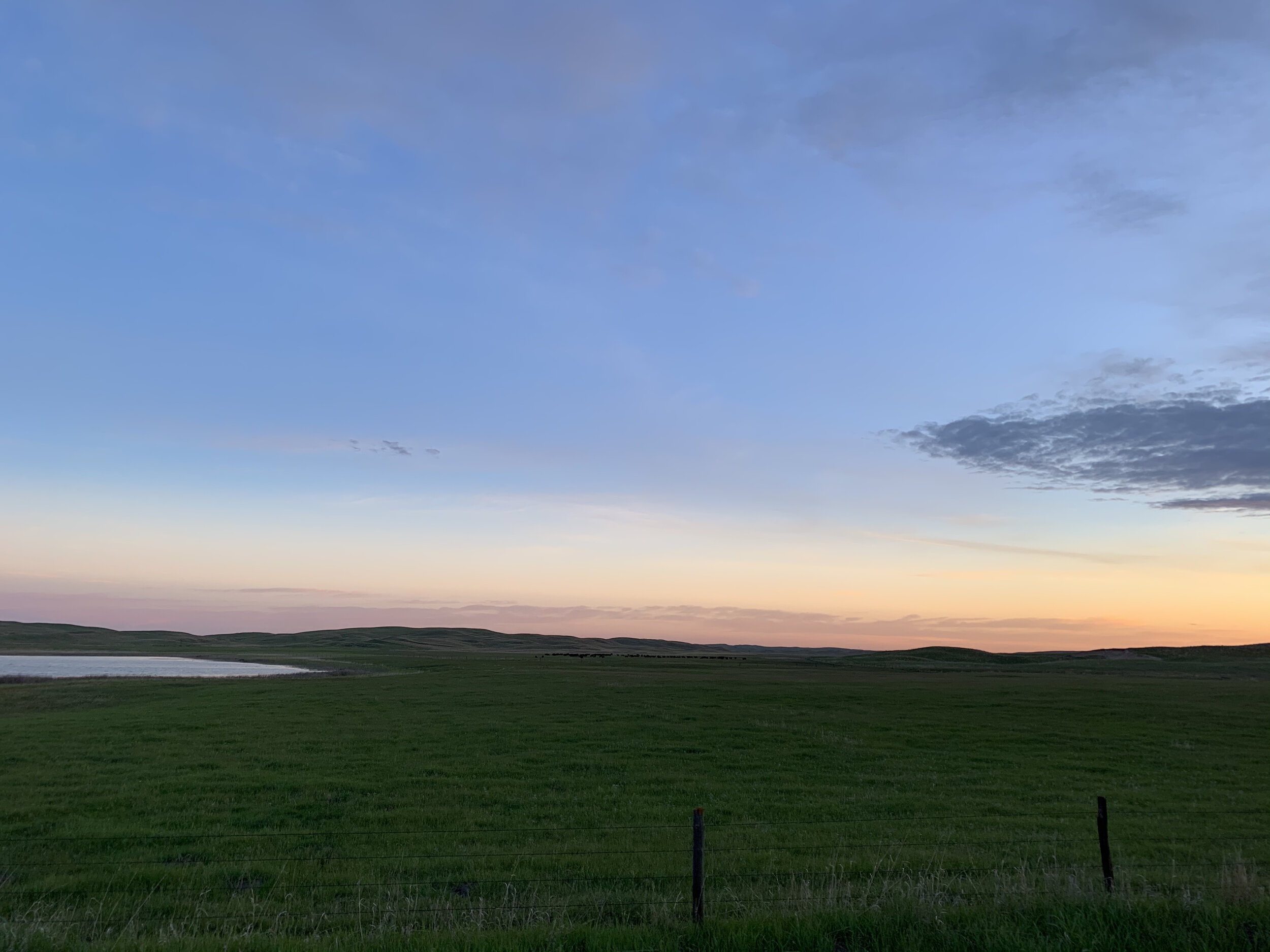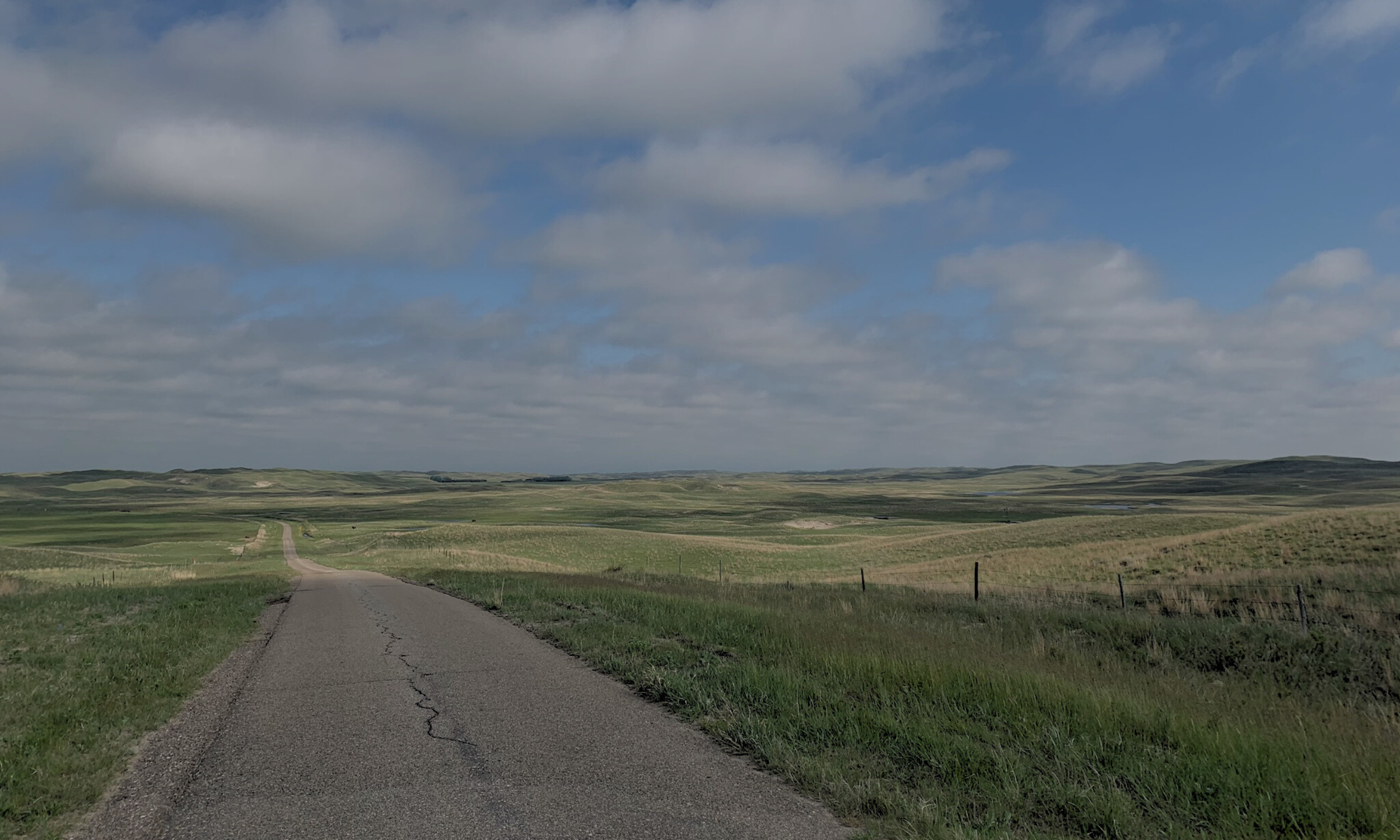The Rural Review
An online journal produced in conjunction with the Rural Reconciliation Project.
Hisey: Conservation Easement Policy in Canada
In “Provincial Diffusion, National Acceptance: The Transfer of Conservation Easement Policy in Canada,” author Forrest Hisey (Geography, Geomatics, and Environment, University of Toronto) surveys the development of conservation easement (CE) legislation development in Canada to understand the state of CE policy as well as policy diffusion methods leading to this development.
Álvarez-Montoya et al.: Neo-Rurals and Tourism in Southern Europe
In “Neo-Rurals and Tourism in the Context of Rural Crisis in Southern Europe. Case Study in the Sierra de Aracena (Andalusia, Spain),” authors José Manuel Álvarez-Montoya and Esteban Ruiz-Ballesteros (both Social Anthropology, Psychology and Public Health, Universidad Pablo de Olavide, Spain) explore the influence of neo-rurals and tourism on a rural Spanish community to highlight how an influx of newcomers can benefit rural areas.
Ryan & Chambers Armstrong: Buying Time
In Buying Time, authors Christopher J. Ryan, Jr. (Indiana Law) and Cassie Chambers Armstrong (Louisville Law) set out to consider how both access to legal representation and extended length of proceedings result in more favorable outcomes for tenants facing eviction proceedings and identify whether the same is true for rural communities.
Pruitt: The Economic Evolution of Newton County, Arkansas
In Consuming Newton County: A Short History, Lisa R. Pruitt (University of California-Davis Law) presents a history of economic evolution and the concomitant tensions between consumerism and conservation in rural Newton County, Arkansas. Tucked away in the Boston Mountains and the home of the Buffalo National River’s headwaters, Newton County is home to 8,000 residents and has long attracted the attention of nature conservation and recreational tourism groups alike.
Zuniga: Economic Development for Native Nevada
In Economic Development for Native Nevada: How Indian Gaming Can Further Tribal Self-Determination, author Makai Zuniga (J.D. Candidate, Nevada, Las Vegas Law) examines the historical and ongoing economic barriers faced by Nevada’s Indigenous tribes and proposes strategies for rural tribes to enter the gaming market despite restrictive regulations.
Shoemaker & Tierney: Trading Acres
In Trading Acres, Jessica A. Shoemaker (Law, University of Nebraska-Lincoln) and James Fallows Tierney (Law, Illinois Institute of Technology) address the growing trend of financialization of farmland.
Xiaorui Qu et al.: Broadband Internet Speed Upgrades and the Farmland Market
In “Broadband Internet Speed Upgrades and the Farmland Market: A Shift-Share Instrumental Variable Approach,” authors Xiaorui Qu, Qinan Lu, Minghao Li, and Wendong Zhang (all College of Economics and Management, China) conduct an empirical analysis of the impact of investment in broadband internet on the value of America’s farmland.
Alonso et al.: How Losing Services Fuels Rural Depopulation
In How Service Exclusion Affects Rural Depopulation. An Approach Based on Structural Equation Modeling, M. Pilar Alonso (Geography, History and History of Art, Universitat de Lleida), Pilar Gargallo, Jesús A. Miguel, Manual Salvador (all Applied Economics, Universidad de Zaragoza), Luis Lample (Accounting and Finance, Universidad de Zaragoza), and Carlos López Escolano (Geography and Territorial Planning, Universidad de Zaragoza) present an analysis of rural depopulation trends in the Aragon region of Spain.
Schneider et al.: Financial Incentives and Landowner Interest in Reforestation
In Financial Incentives and Landowner Interest in Reforesting Open Lands in the Southeastern United States, authors Chloe Schnieder and Nina Randazzo (Environmental Defense Fund), Ram Kumar Adhikari (Forestry, Mississippi State University), and Neelam Chandra Poudyal (Natural Resources, University of Tennessee) examine the factors influencing landowners’ willingness to participate in reforestation programs.
Branch: Police Scanners and Everyday Rural Life
In “It’s on All the Time in Our House: Police Scanners and Everyday Rural Life,” author Michael Branch (Sociology, Hartwick College) explores the long-time use of police scanners by laypeople in a rural town in upstate New York. He argues that, despite the perceived community benefits, there are also unforeseen consequences for those living in the community.
Nickel et al.: Race, Rurality, and the Risk of Health Care-Associated Infections
In “Intersection of Race and Rurality with Health Care-Associated Infections and Subsequent Outcomes,” authors Katelin B. Nickel, MPH, Hannah Kinzer, MPH, Anne Butler, PhD, MS, Kren E. Joynt Maddox, MD, MPH, Victoria J. Fraser, MD, Jason P. Burnham, MD, MSCI, Jennie H. Kwon, DO, MSCI (all Washington University) examine how social and geographic factors such as race and rurality affect access to equitable healthcare.
Van Sant & Fairbairn: Towards a Right to the Rural?
In Towards a right to the rural?, Levi Van Sant (Integrative Studies, George Mason University) and Madeleine Fairbairn (Environmental Studies, University of California – Santa Cruz) explore the conceptual framework of ‘a right to the rural’ to clarify struggles to access rural spaces.
Explore the Rural Review
Brief, objective summaries of new rural research across academic disciplines.
Collections of recent rural scholarship, news, and events.
Guest opinions, essays, research summaries, and other original content.
Original book reviews, creative reading lists, and further resources.
Summaries and announcements from recent programs and workshops.


















